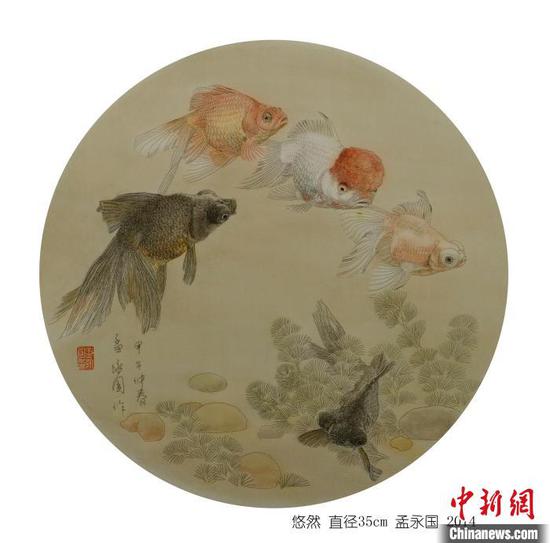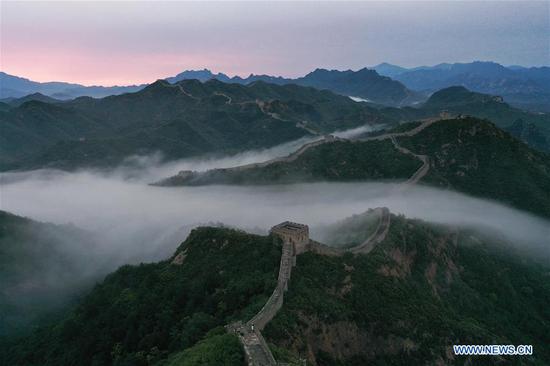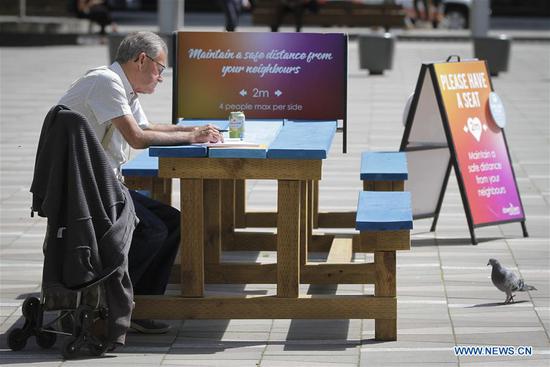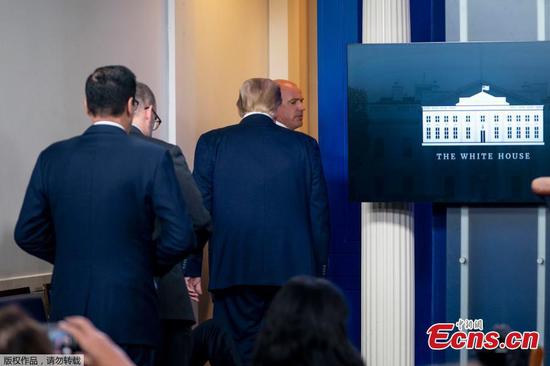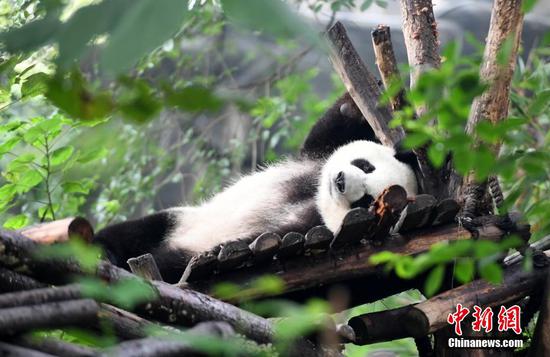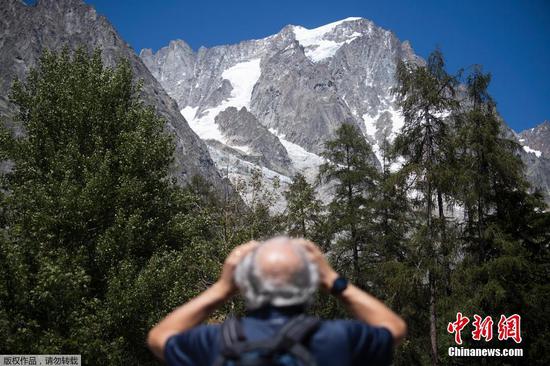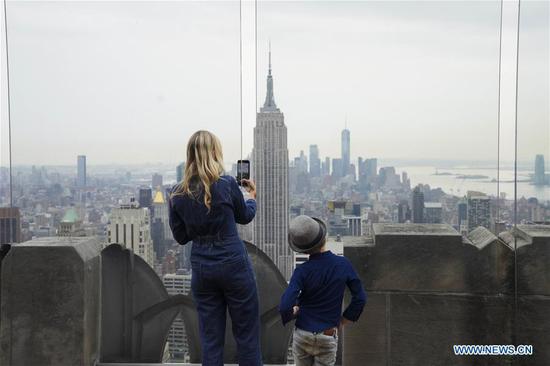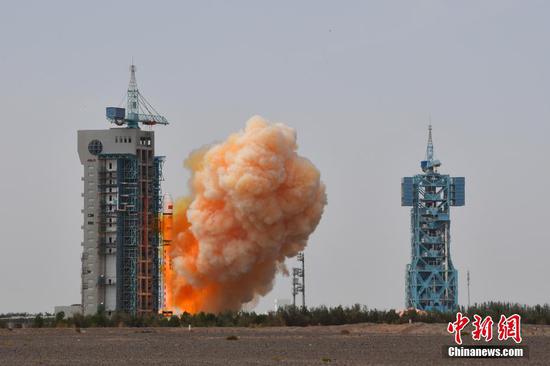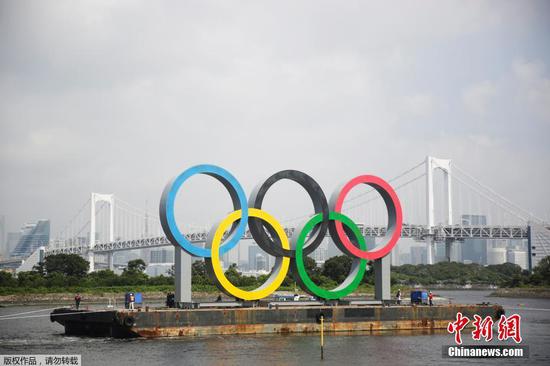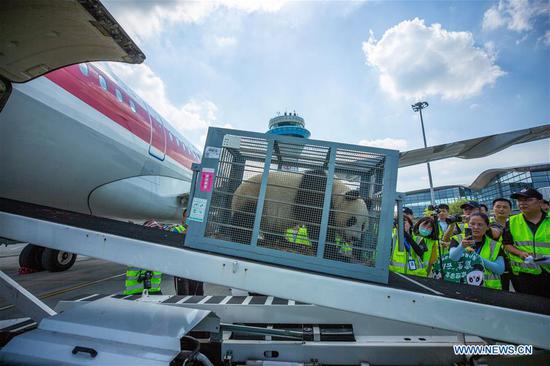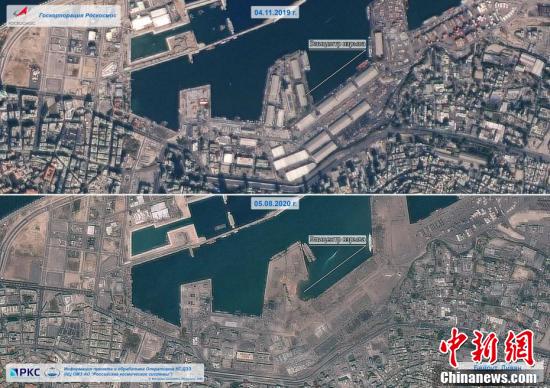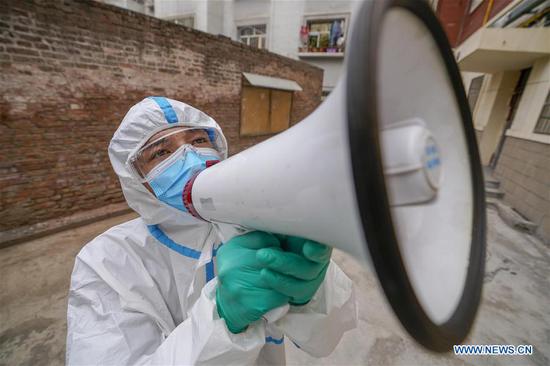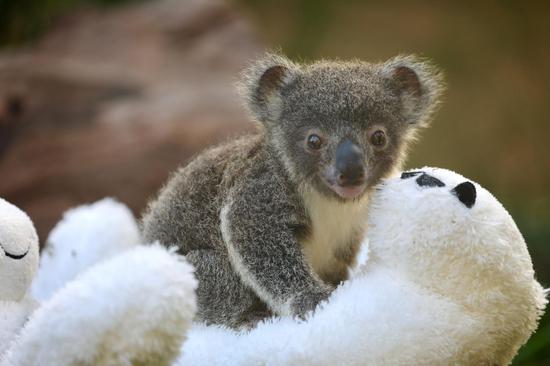Waging a geopolitical "cold war" between Washington and Beijing is a dangerous way of thinking, warned Jeffrey Sachs, a leading economist and best-selling author, addressing US politicians who he said are engaged in a game that would have serious consequences.
"What I do worry about is something else, which is a geopolitical cold war," Sachs, a professor of economics at Columbia University, told CNBC on Monday while commenting on globalization.
"This is a dreadful mistake," he said. "The last Cold War (between the US and the Soviet Union) was dangerous enough; this one would be even more dangerous."
Sachs, who is also director of the United Nations Sustainable Development Solutions Network, said another cold war is completely misconceived and misguided, "but a lot of Americans want to put it to China and think that we run the show and all the rest, which is a very dangerous way of thinking, actually".
The term "cold war" has been trending in policy and political arenas in recent months, driven partly by speeches by major officials of the US administration, which has churned out a raft of penalizing actions targeting companies and people in China.
The New Yorker magazine, for example, in an analysis on US Secretary of State Mike Pompeo's July 23 speech at the Nixon Presidential Library in California, reported that Pompeo "angrily declared that Nixon's outreach to China a half century ago had utterly failed. He called on allies to create a new NATO-like coalition to confront the People's Republic. ... Basically, he declared a new Cold War."
On Friday, US President Donald Trump, who has long complained that US has been "ripped off" in its dealings with China, signed executive orders to ban two popular Chinese social media apps: TikTok and WeChat.
"This is a pretty broad and pretty quick expansion of the technology cold war between the US and China," The Associated Press quoted Steven Weber, faculty director for the University of California, Berkeley, Center for Long-Term Cybersecurity, as saying.
Sachs, in his television appearance, tried to speak to what he thought China really wants: to have a normal life, just like Americans.
"What people say about China — to put it plainly — is stupid," Sachs said, adding that many have a "weird image" of China as a "totalitarian monster out to take over the world. That was the lazy, but not completely atypical, American thinking in the past," he told viewers.
But "China's not out to take over the world. China's not out to do all these terrible things. China wants to have a normal, decent life like Americans want to have," Sachs said.
China has a living standard that is "something like a third or a fourth, or even a fifth" of what Americans have, said Sachs, who is the author of a new book titled The Ages of Globalization: Geography, Technology, and Institutions.
"They want their place in the sun. It doesn't mean they're taking over," he said. "But this heated idea that they ripped us apart, they did this terrible thing, they did that terrible thing — this has become bipartisan. It can become very, very dangerous in the future."
In the US, politics is an "incredibly dangerous sport", not just a tough game, Sachs noted. "To play with the facts and the lies that we're saying about China right now has consequences."
Sachs is not the only voice calling for rejecting cold war thinking.
Joseph Nye, the former dean of Harvard's Kennedy School of Government, also said the US-Soviet analogy does not match reality.
"I think the Cold War analogy doesn't make sense," Nye said at a virtual Aspen Security Forum last Wednesday.
"We should get out of our mind historical analogies, whether it's the Peloponnesian War or the Cold War, and realize that the agenda of world politics is changing," he said.
In the original Cold War, the US and the Soviet Union had virtually no trade or social contact with each other, but the US has "too much" trade with China, and there's something like 370,000 Chinese students in the US, Nye said.
In another panel discussion at the same forum, Nye described the US-China relationship as a "cooperative rivalry", adding, "You have some issues like climate change and pandemics where we can't do anything unless we do cooperate with China."
Chinese diplomats have openly rejected the idea of a new cold war.
Chinese Ambassador to the US Cui Tiankai, also speaking at the Aspen forum, said that historically a cold war has served no one's real interests.
"Today we are in the 21st century. Why should we repeat what happened in the last century when we are faced with so many new challenges, global challenges?" said Cui. "I don't think a new cold war would serve anybody's interests or will give us any solution to the problem."









